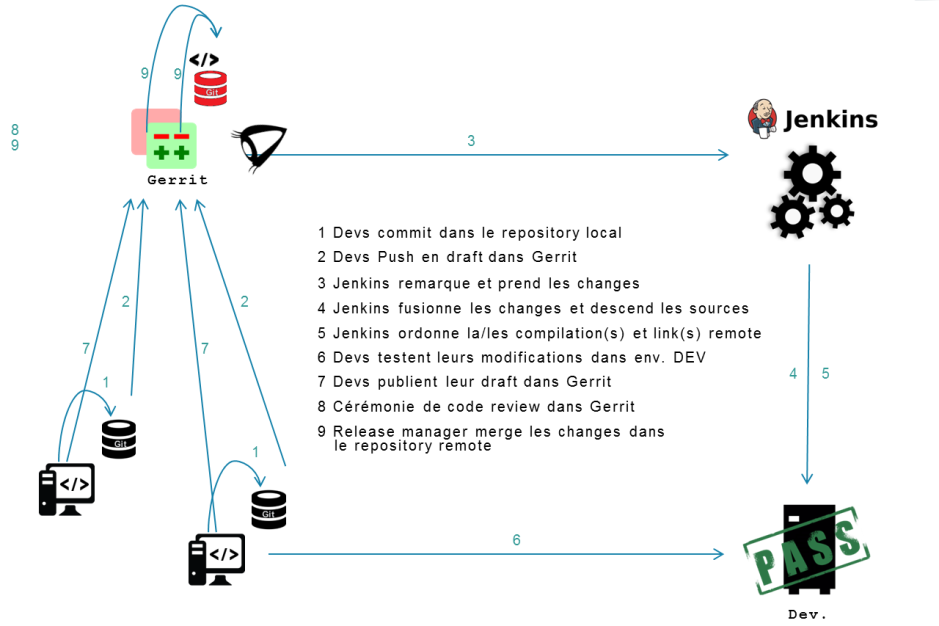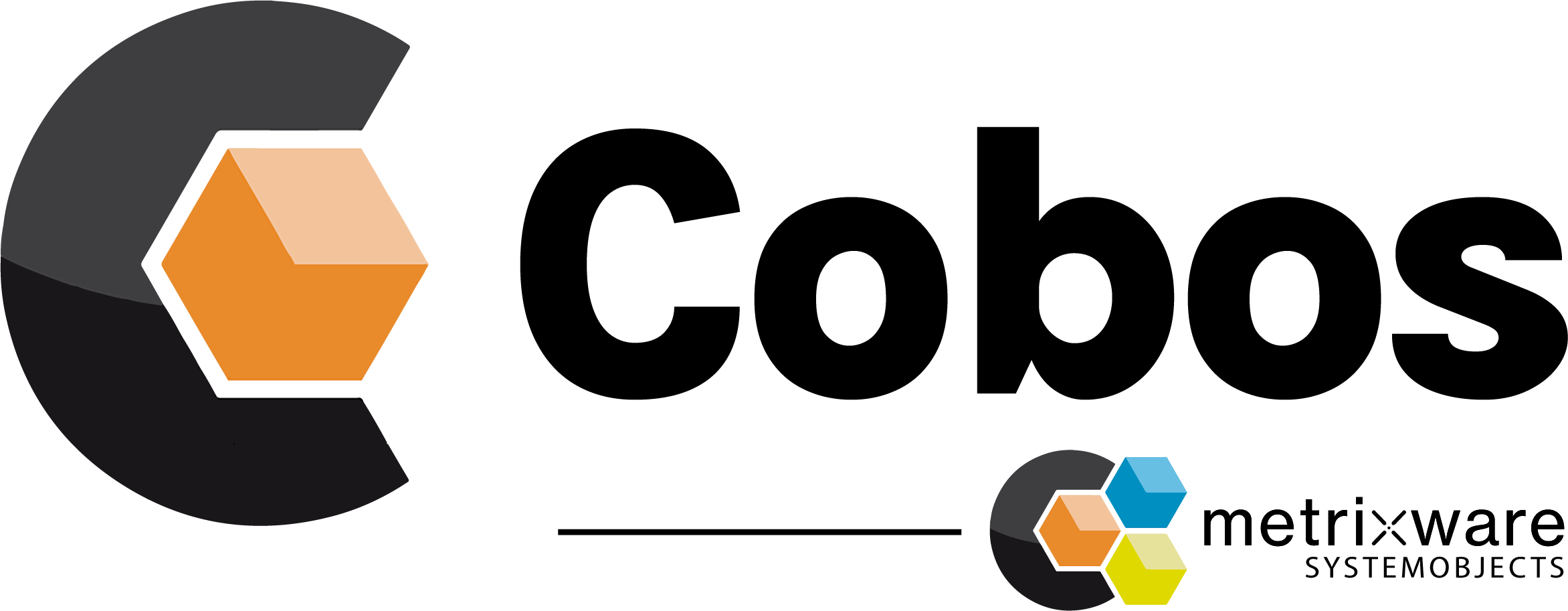Buy Way adopts Git open systems approach for z/OS mainframe development, thanks to Cobos.
Buy Way adopts Git open systems approach for z/OS mainframe development, thanks to Cobos.
Modernising a mainframe is easier said than done, which is why evolution rather than revolution is the watchword when it comes to most mainframe development. Buy Way’s recent transition to the version control system Git from TSO (Time Sharing Option), an interactive time-sharing environment for IBM mainframe operating systems, might sound like revolution. In practice, the move to a decentralized, open system approach proved easier than imagined, thanks to the adoption of Cobos.
Since Git was introduced in 2005, it has attracted many high-profile fans, with it now regarded as the standard source-code management tool. In contrast to a client-server model that requires connection back to the server for all operations, Git allows programs to be hosted locally, whilst advanced branching and merging capabilities ensure full version control. Crucially, Git allows software versions to be put into production simultaneously, whilst TSO requires versions to go into production sequentially.
Like many mainframe-based organizations, Buy Way, a long-established consumer credit specialist in Belgium and Luxembourg, had identified a need to migrate to a distributed, open system architecture. David Beau, Technical Support for Buy Way’s ICT Services department, explained the primary factors driving change: “Sharing source code between different projects was complicated using TSO. In addition, we wanted to be able to offload repetitive development tasks such as file administration, documentation generation and the delivery of file changes, facilitate file search and also reduce the cost of CPU consumption in the mainframe.”
Taking inspiration from Java
With a team of Java developers onsite, Buy Way’s mainframe development team had seen how Java programs could be managed by Git using the Eclipse IDE. In the case of Buy Way’s Java development, change distribution is managed by Jenkins, with Gerrit used to handle code review. Noted Beau: “It seemed natural to us to focus first on the tools that our colleagues were so familiar with.” Hence, Buy Way sought a COBOL editor that was compatible with Git’s resource management structure. “The editor had to be relatively flexible to accompany us in our journey to the unknown! Looking for existing plugins under Eclipse, we discovered Cobos,” explained Beau.

MetrixWare’s Cobos IDE for COBOL was first launched in 2009. An advanced open source environment based on Eclipse, Cobos is dedicated to mainframe application development but combines the best of both worlds by capitalizing on open source community innovation and mainframe best practices. Among the features that appealed to the Buy Way team were auto completion, syntax checking, the visualization of variables, templates, replacement strings, and the multitude of keyboard shortcuts. Recounted Beau: “The ability to request product evolution from Metrixware, based on our needs and usage, also appealed. Cobos seemed the ideal tool for Buy Way, as a starting point for modernization.”
According to Beau, Cobos was easy to install: “Once the technical specifics of our mainframe system were known, installation took place automatically and became immediately functional. Metrixware’s comprehensive technical documentation and responsive support staff helped me to implement several custom requirements related to Git and Jenkins.” Buy Way was able to quickly and simply customise the Cobos control panel, thanks to its XML file design.
One feature that stood out for Buy Way was a simple protocol within Cobos to enable remote communication with the mainframe’s Rexx processes. Noted Beau: “Cobos allows you to enter parameters or retrieve environment variables and send them to Rexx scripts. We went as far as to hand over a .Net application using this feature, which made our developers particularly happy. ”
The open-system experience
In several respects, Cobos performed beyond Buy Way’s expectations. Beau recounts: “We have been able to port the Rexx processes used by each developer in local on his workstation to the Linux integration machine used by Jenkins. Our integration tools work with Cobos Rexx as well as those we have added specifically for our needs. There has been no need for custom development or rewrites for each type of machine. What time saving! In addition, we placed Rexx in a Git repository so that each workstation/server is updated automatically.”
The combination of Rexx and Cobos allowed Buy Way to extend the Operations department’s use of DB2 requests. These follow the same integration process and source-code management, with Rexx scripts hosted locally in Cobos and remotely on the mainframe. Notes Beau: “Today, we can automatically generate documentation and wiki pages. For example, all releases produce automated documentation containing details of source updates for the Operations department, but also for audits.”
 Buy Way has successfully migrated all its mainframe applications to Git using Cobos. Between June 2017, when the company started using Cobos, and May 2018, Beau estimates that approximately 150 work days were saved across a team of 10 developers, a figure he expects to “double over the next year.” The team has also noted a significant decrease in CPU consumption since Cobos was introduced.
Buy Way has successfully migrated all its mainframe applications to Git using Cobos. Between June 2017, when the company started using Cobos, and May 2018, Beau estimates that approximately 150 work days were saved across a team of 10 developers, a figure he expects to “double over the next year.” The team has also noted a significant decrease in CPU consumption since Cobos was introduced.
Confirms Ivan Torres Fally, enterprise architect for Buy Way: “The Cobos architecture has allowed us to achieve a seamless, end-to-end integration, as we have become accustomed to in the open source world. In truth, the Java developers are now envious of the ease with which their Cobol colleagues make their deployments!”
